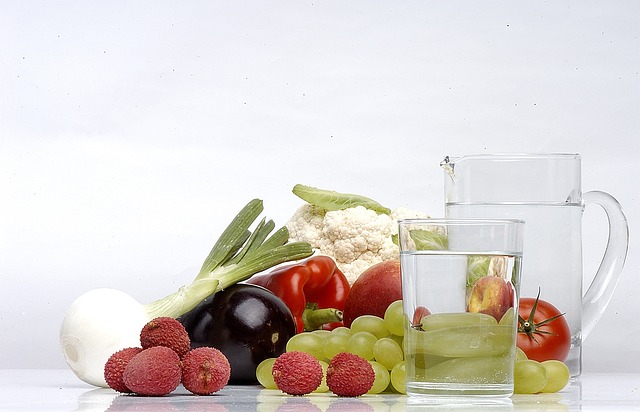In the realm of health and wellness, the gut has emerged as a star player, drawing attention and praise for its profound impact on our overall well-being. In recent years, a growing body of research has shed light on the intricate relationship between nutrition and gut health. The gut, often referred to as our “second brain,” plays a pivotal role in not only digesting our meals but also in maintaining our immune system, mood, and even weight. Here, we delve into the world of gut nutrition, exploring how you can nourish your gut for improved health.
Understanding the Gut Microbiome
At the heart of gut nutrition lies the gut microbiome. This intricate ecosystem comprises trillions of microorganisms, including bacteria, viruses, fungi, and other microscopic life forms. These microbes reside primarily in the large intestine, where they form a complex community that impacts various aspects of our health.
The gut microbiome is often compared to a bustling metropolis, with diverse inhabitants working together to maintain harmony. When this community is in balance, it contributes to digestion, energy production, and immune function. However, imbalances can lead to a host of health issues, from digestive problems to inflammation and mood disorders.
Fiber: The Gut’s Best Friend
One of the simplest and most effective ways to support a healthy gut microbiome is through fiber-rich foods. Fiber acts as a prebiotic, providing nourishment to the beneficial bacteria in your gut. This, in turn, helps them flourish and maintain a balanced microbiome.
Foods like whole grains, legumes, fruits, and vegetables are excellent sources of dietary fiber. Aim to incorporate a variety of these foods into your daily meals to support your gut’s diverse microbial community.
Probiotics and Fermented Foods
Probiotics are live microorganisms that provide numerous health benefits when consumed in adequate amounts. They’re often found in fermented foods like yogurt, kefir, sauerkraut, and kimchi. These friendly bacteria can help bolster the diversity and balance of your gut microbiome.
When you consume probiotics, they can aid in digestion, enhance the absorption of nutrients, and even provide a boost to your immune system. Regularly including probiotic-rich foods in your diet can contribute to a healthier gut.
Hydration and Gut Health
Staying well-hydrated is essential for good gut health. Adequate water intake keeps your digestive system functioning smoothly. It helps with the breakdown of food and the absorption of nutrients. Furthermore, water supports the mucus lining of the intestines, which acts as a protective barrier against harmful substances and bacteria.
Antioxidants and Gut Protection
Antioxidants, which are abundant in fruits and vegetables, help combat oxidative stress and inflammation in the gut. A diet rich in colorful produce provides essential nutrients like vitamins C and E, as well as compounds like flavonoids and carotenoids, which have antioxidant properties.
These antioxidants can help prevent damage to the gut lining, reducing the risk of chronic diseases and promoting overall gut health.
The Mind-Gut Connection
Gut health isn’t limited to physical well-being; it extends to mental health as well. The gut-brain axis is a bidirectional communication network connecting the brain and the gut. Emerging research indicates that the gut microbiome plays a crucial role in influencing mood, anxiety, and even conditions like depression.
Consuming a diet that supports a healthy gut can positively affect your mental well-being. Foods rich in omega-3 fatty acids, such as fatty fish and walnuts, may reduce inflammation in the gut and contribute to better mental health.
Conclusion
Nurturing your gut through mindful nutrition is an investment in your overall health. As we’ve learned, a balanced and diverse diet rich in fiber, probiotics, antioxidants, and hydration can support a harmonious gut microbiome. This, in turn, can lead to improved digestion, enhanced immunity, and even a brighter mood.
Incorporate these gut-friendly foods into your daily meals and watch as your gut health and overall well-being flourish. Remember, a happy gut is a cornerstone of good health, and it’s never too late to start making choices that benefit your body from the inside out.
Regenerate




